Suicides are on the rise and India reports the highest rates of suicide in the world, in young girls.
Most of us can hardly imagine the suffering that precedes suicide and the pain left in its wake. When the person who dies is young, the devastation is even more profound. The public, however—including most parents—remains disturbingly
unaware of the prevalence of suicide among young people.
This is in part because, until recently, there was virtually no public health policy on the subject; in part because society is reluctant to discuss both suicide and the mental illnesses most directly responsible for it; and in part because there is a pervasive belief that suicide is highly idiosyncratic in nature and therefore neither predictable nor preventable.
Unlike oncologists and cardiologists, who know that certain types of tumors or heart disease radically increase the likelihood of death, psychiatrists and psychologists tend not to think of mortality rates in the context of psychiatric illnesses. This has led to considerable confusion, as well as to an underemphasis on how much is actually known about suicide from a clinical and scientific point of view. In fact, we know a great deal.
There are drugs like lithium etc but Anu who worked in the psychiatric ward of Lady Harding’s Hospital as a part of her MSW has seen the effects of ECT on a schizophrenic case and was devastated as that really is not the answer. This led her to study naturopathic and holistic approaches which Anu personally delivers and that is what AAF employs for prevention so that balance of mind can be obtained. She believed we start young to train the mid with positive affirmations for a healthy life.
